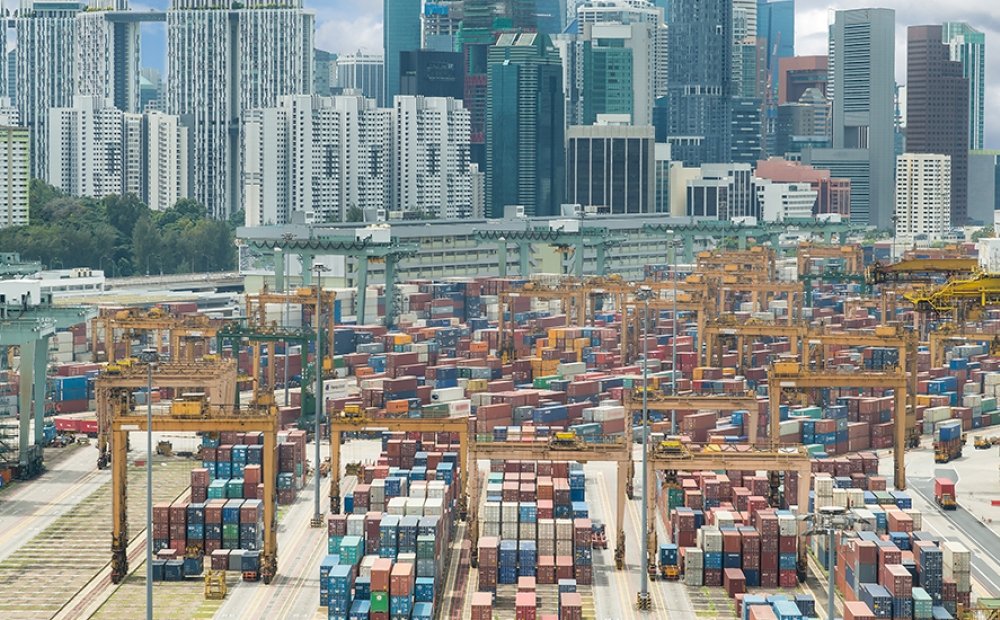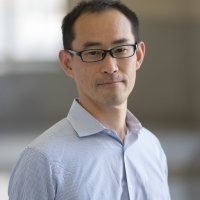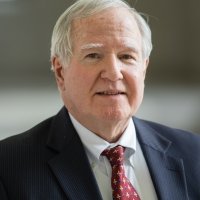Competition and Cooperation: Redefining Asia’s Economic Objectives

Trade relations in Asia remain uncertain in spite of the recent rapprochement between the United States and China. For countries in the region, the challenge remains to craft stable relations that would secure their economic as well as political security amid the rise of great power competition. The definition of a good trade deal continues to evolve as a result, as does what constitutes strong economic relations. Join us for a discussion on the benefits and limitations of trade agreements that meet national economic objectives, and prospects for cooperation among Northeast and Southeast Asian nations as tensions remain between Washington and Beijing.
Event Summary
Asia is at a crossroads in defining economic architecture and objectives. Amid the persisting uncertainties, it may be easy enough to identify some structural and near-term risks, but it may be a bigger challenge to be able to find common ground for future cooperation.
In a discussion on prospects for regional economic cooperation and competition hosted on February 25, 2020, Waseda University’s Professor Shujiro Urata outlined the evolution of Japan that initially shied away from free trade agreements (FTAs) to a country that is now pressing for economic cooperation. Urata highlighted the fact that Japan’s shrinking population needs stimulus to ensure domestic demand, which an FTA would provide. FTAs also encourage investment, imports, infrastructure, and human resources. As for multilateral FTAs, most notably the Regional Comprehensive Economic Partnership agreement, Urata stated that ideally, both President Donald Trump and Prime Minister Shinzo Abe would be able to persuade India to remain in the deal in order to secure longer-term growth on the subcontinent.
Kent Calder of SAIS focused on the importance of geography and its impact on geoeconomics as well as geopolitics. He pointed out the significance of China’s actual geographic position and its relations with surrounding countries. He then noted Japan’s active engagement with India and European nations, as well as Korea and China, in relation to its strategic location.
Wilson Center Public Policy Fellow Shintaro Hamanaka concentrated on assessing economic and political considerations affecting economic actions. He argued that the distinction between economic and political perspectives should be considered in the context of establishing rules. Hamanaka also emphasized the need to hedge both against the United States as well as China in dominating the agenda of rule-setting. He noted that Japan’s decision to reach a bilateral agreement with the United States was as a result of Tokyo not being able to maintain a distance between the two major economies. At the same time, Hamanaka pointed out that establishing rules on membership and setting the agenda on the international stage are of critical importance.
Lastly, Kent Hughes, another public policy fellow, expressed concerns from the U.S. perspective regarding its approaches and interests. The United States consents to the fact that China is a huge threat and big challenge. Thereby, tensions of globalization particularly with Chinese global companies influence trade policy made by the United States.
In the face of a widespread threat of coronavirus, a question about health care addressed the necessity of global institutions. Whilst the United States and China look inwards, speakers asked for a transparent, free, and fair global institution. Also, Hamanaka emphasized that trade has been increasing since the trade of services has come to become more main source than the trade of goods. In the end, China sees itself as a model for others, and it contradicts the idea of the Asian Infrastructure Investment Bank. Thereby, Chinese influence is massive, since China does not intervene in other countries or nations, unlike the United States.
Event Summary by Riku Kawakami
Listen to the event now:
Speakers

Overseas Research Fellow, Institute of Developing Economies

Former Director, Program on America and the Global Economy, Woodrow Wilson Center
Moderator

Hosted By

Indo-Pacific Program
The Indo-Pacific Program promotes policy debate and intellectual discussions on US interests in the Asia-Pacific as well as political, economic, security, and social issues relating to the world’s most populous and economically dynamic region. Read more
